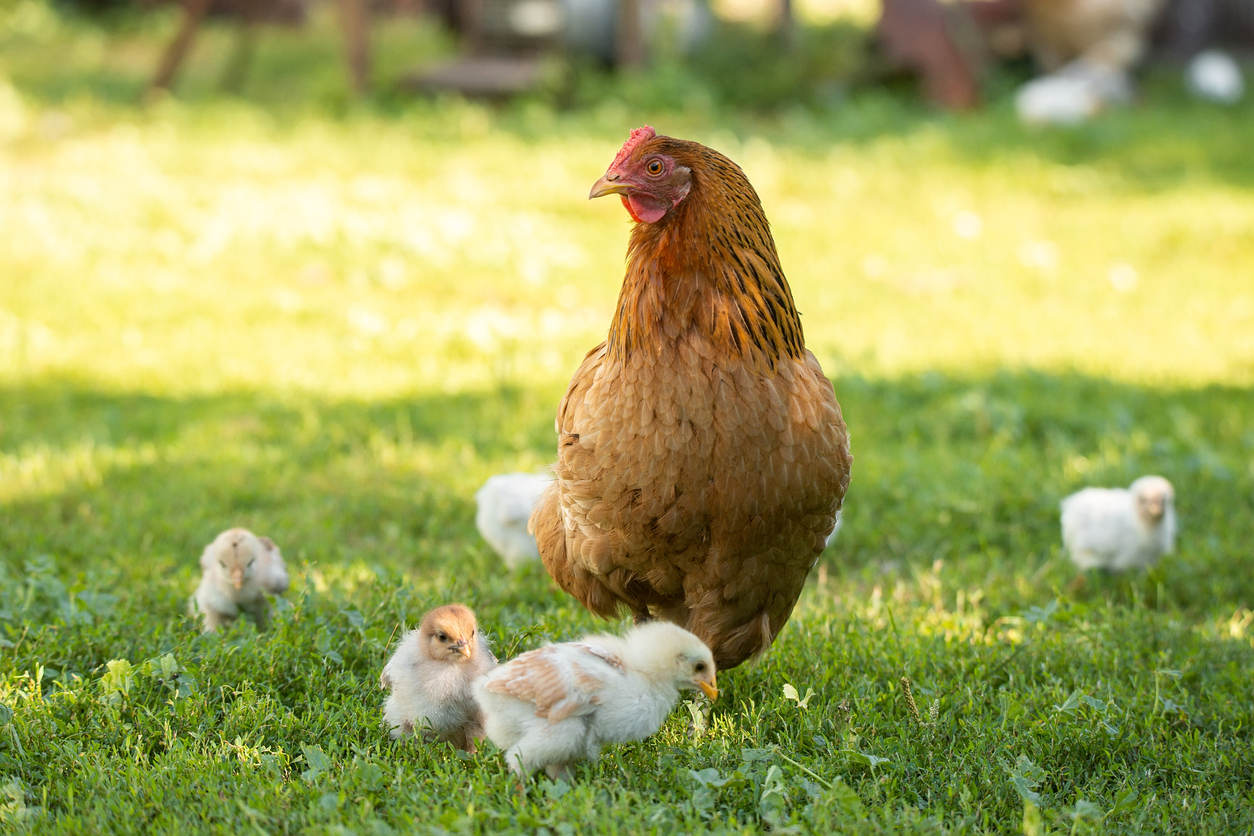Comprehensive Guide to the Cost of Starting a Poultry Farm in Nigeria
Comprehensive Guide to the Cost of Starting a Poultry Farm in Nigeria
Starting a poultry farm in Nigeria is a promising venture due to the high demand for poultry products such as eggs and meat. However, understanding the costs involved is crucial for planning and ensuring a successful operation. Here’s a detailed breakdown of the major expenses you can expect when starting a poultry farm in Nigeria.
1. Land and Housing
Land Purchase or Lease
The cost of land varies widely depending on the location. In rural areas, land might be cheaper, while urban or peri-urban areas could be more expensive.
- Estimated Cost: ₦500,000 to ₦5,000,000 or more.
Housing/Coop Construction
Building suitable housing for your poultry is essential. This includes the construction of poultry houses and necessary infrastructure like feed storage, water systems, and waste management facilities.
- Estimated Cost: ₦300,000 to ₦2,000,000 depending on the size and type of construction.
2. Poultry Stock
Purchase of Chicks
The cost of purchasing day-old chicks varies based on the type of poultry you intend to raise (broilers, layers, or cockerels).
- Estimated Cost: ₦150 to ₦300 per chick.
3. Feeding and Nutrition
Feeds
Feeding is one of the most significant recurring expenses in poultry farming. The cost depends on the type of feed and the number of birds.
- Estimated Monthly Cost: ₦50,000 to ₦300,000 or more depending on the scale.
Supplements and Medications
Ensuring the health of your poultry involves regular supplements and medications.
- Estimated Monthly Cost: ₦10,000 to ₦50,000.
4. Equipment
Feeding and Watering Equipment
Investing in quality feeders and drinkers is essential for efficient feeding and watering of your birds.
- Estimated Cost: ₦50,000 to ₦200,000.
Incubators and Brooders
If you plan to hatch your chicks, you will need incubators and brooders.
- Estimated Cost: ₦100,000 to ₦500,000.
5. Operational Costs
Labor
Hiring labor for daily operations, including feeding, cleaning, and monitoring the poultry, is necessary.
- Estimated Monthly Cost: ₦30,000 to ₦100,000 per worker.
Utilities
This includes water, electricity, and other utilities required for running the farm.
- Estimated Monthly Cost: ₦10,000 to ₦50,000.
6. Miscellaneous Expenses
Licensing and Permits
Obtaining necessary licenses and permits from local authorities is essential for legal operation.
- Estimated Cost: ₦20,000 to ₦50,000.
Contingency Fund
It’s advisable to set aside funds for unexpected expenses and emergencies.
- Estimated Amount: ₦50,000 to ₦200,000.
Conclusion
Starting a poultry farm in Nigeria involves significant initial and ongoing costs. Proper planning and budgeting are crucial to ensure the sustainability and profitability of your farm. By understanding these expenses, you can make informed decisions and create a successful poultry farming business.
For more information on poultry farming and to get started, visit Wigmore Trading.








Comments are closed.